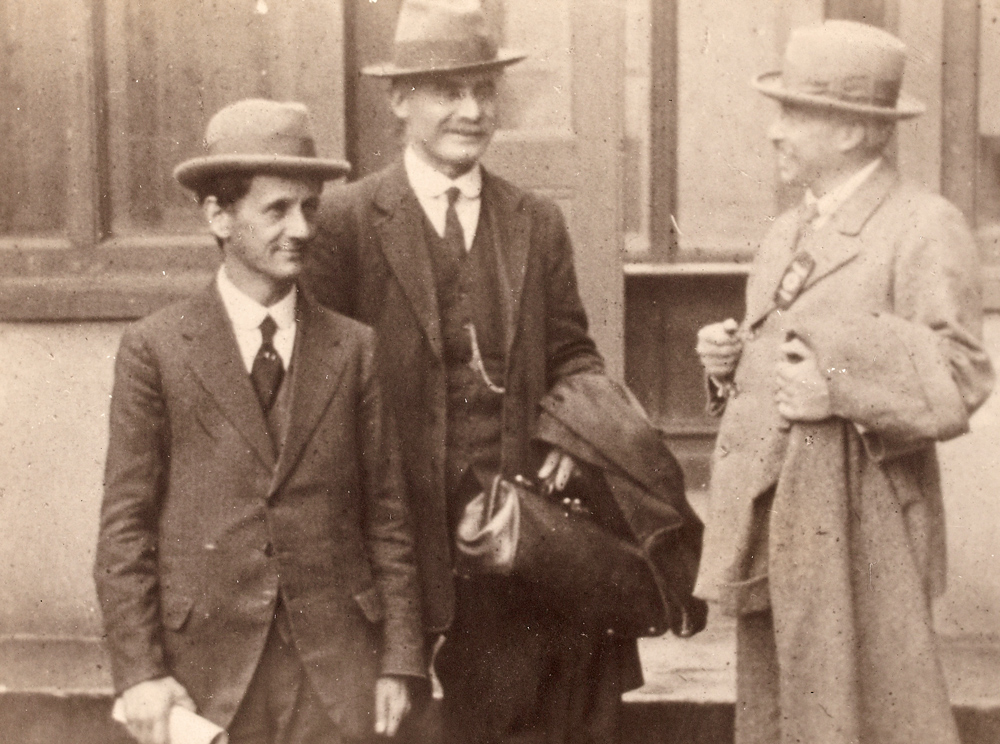Hunger-striking Cork Lord Mayor said to be ‘dying rapidly’
Brixton, 25 Aug 1920 - The Lord Mayor of Cork, Terence MacSwiney, is reported to be close to death having been on hunger strike for nearly two weeks.
MacSwiney, who is also the TD for Mid-Cork, was arrested on 12 August when the military raided Cork City Hall while a republican court was sitting in the building. He was subsequently tried and convicted by a court martial at Cork Barracks of being in possession of seditious documents. He was sentenced to two years imprisonment without hard labour. On his conviction, Mr MacSwiney declared: ‘I wish to state that I will put a limit to any term of imprisonment you may impose. I have taken no food since Thursday [12 August]; therefore I will be free, alive or dead within a month.’
Following the court martial verdict, he was not returned to the county jail but deported to England and incarcerated in Brixton Prison.
His condition is reported to be deteriorating. A letter from his wife, Muriel, to the Lord Mayor of Dublin, Laurence O’Neill, included: ‘Just saw Terry. He is dying rapidly.’
In recent days, Edward Shortt, British Home Secretary, wrote to Mary MacSwiney, sister of the Cork Lord Mayor, to reaffirm the British government’s position that her brother will not be released from prison even if he continues to refuse food. Mr Shortt further stated that he would not meet with Ms MacSwiney, stating that it would ‘serve no good purpose’. He added that: ‘Owing to his state of health, Mr MacSwiney cannot be forcibly fed. For any consequences that may ensue from his refusal to take food, Mr MacSwiney alone is responsible.’
In recent days the Lord Mayor has been visited by Daniel Mannix, Archbishop of Melbourne, Patrick Foley, Bishop of Kildare and Leighlin and Michael Fogarty, Bishop of Killaloe who afterwards said that MacSwiney was ‘very prostrate’.
Weak though he is, the Lord Mayor’s message remained one of defiance and firmness of purposes: ‘If I gave way now I would give away the cause of Irish liberty. I would rather die than do that.’
In Cork, masses have been said and prayers offered up for MacSwiney's well-being. The workers of Cork, following a call by the Joint Labour and Civic Council of Action, all ceased their activities to attend 10.45 mass yesterday in churches all over the city.
MacSwiney is not the only republican prisoner on hunger strike.
Last week 19 hunger-strikers were deported from Cork Prison, a number of them understood to be in such a weakened state as to require stretchers. The prisoners were conveyed in military lorries to Custom House Quay, where they were put on two government vessels, which sailed out of the city in the early hours of the morning. It is believed they were taken to Winchester Jail.
In all, it is understood that there are 64 Irish deportees in various prisons in England – Liverpool, Parkhurst, Brixton, Birmingham, Wormwood Scrubbs and Winchester.
[Editor's note: This is an article from Century Ireland, a fortnightly online newspaper, written from the perspective of a journalist 100 years ago, based on news reports of the time.]





















